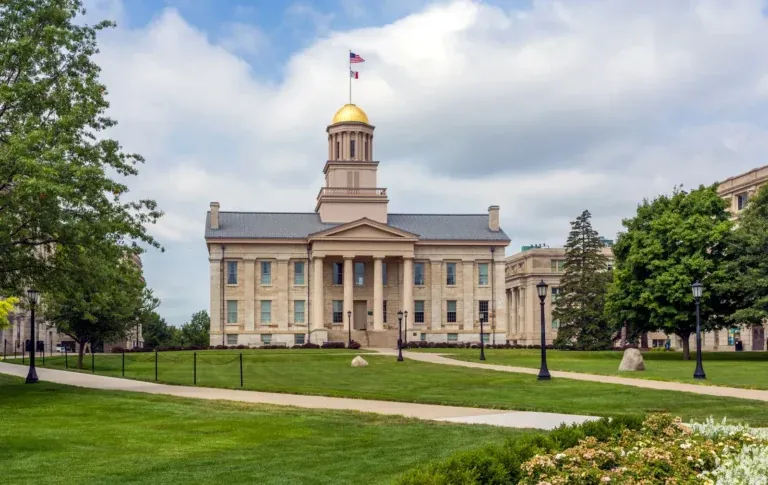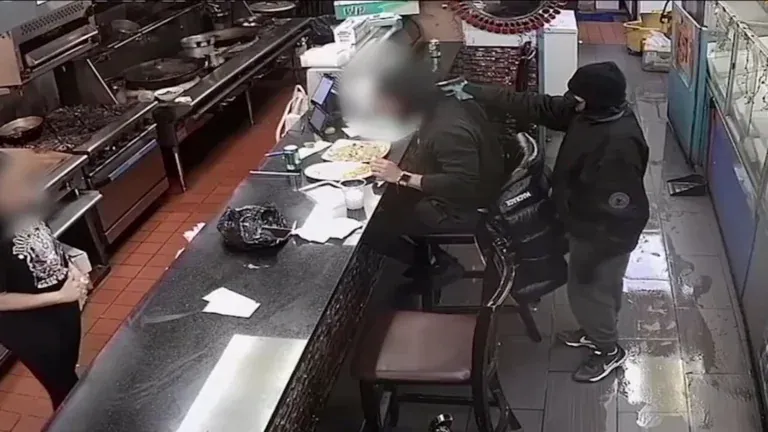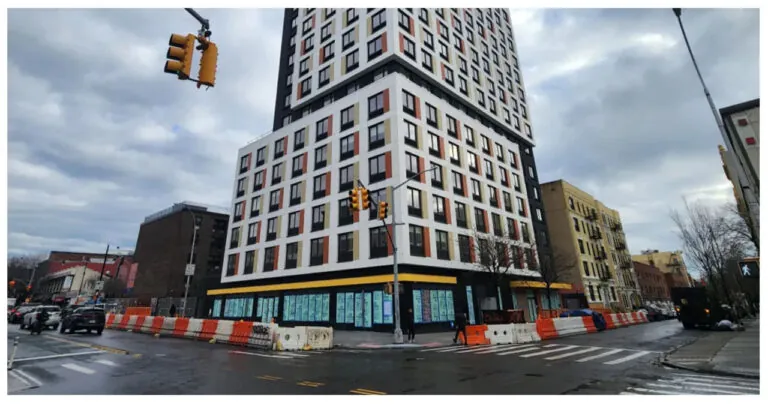This City In Kentucky Has The Highest Human Trafficking Rate In The State!
Louisville, Kentucky, has the highest rate of human trafficking in the state. According to the Kentucky Human Trafficking Task Force, there were 193 reported incidents of human trafficking in Kentucky in 2015, with 235 alleged victims. Of those incidents, 126 occurred in Jefferson County, which includes Louisville. This means that Jefferson County accounted for 65% of all reported human trafficking incidents in Kentucky in 2015.
This article delves into the complex factors contributing to Louisville’s high human trafficking rate, examining the city’s demographics, socioeconomic conditions, and vulnerabilities that make it an attractive target for traffickers. Additionally, it explores the efforts underway to combat human trafficking in Louisville, highlighting the role of law enforcement, non-profit organizations, and community initiatives.
Understanding the Scope of Human Trafficking in Louisville
Human trafficking manifests in various forms, including sex trafficking, labor trafficking, and domestic servitude. In Louisville, sex trafficking is the most prevalent form, accounting for a significant portion of reported cases. Traffickers often target vulnerable individuals, such as runaway youth, homeless individuals, and those struggling with substance abuse or addiction.
Factors Contributing to Louisville’s High Human Trafficking Rate
Several factors contribute to Louisville’s elevated human trafficking rate. The city’s strategic location at the intersection of major interstate highways makes it a convenient transportation hub for traffickers. Louisville’s vibrant tourism industry, with its numerous hotels, motels, and casinos, provides ample opportunities for exploitation. Moreover, the city’s significant homeless population, estimated at over 1,300 individuals, represents a particularly vulnerable demographic.
| Factor | Description |
|---|---|
| Strategic location | Louisville’s location at the intersection of major interstate highways makes it a convenient transportation hub for traffickers. |
| Vibrant tourism industry | Louisville’s tourism industry, with its numerous hotels, motels, and casinos, provides ample opportunities for exploitation. |
| Significant homeless population | Louisville’s homeless population, estimated at over 1,300 individuals, represents a particularly vulnerable demographic. |
| Poverty | Louisville’s high poverty rate leaves individuals susceptible to the promises of better opportunities, which traffickers often exploit. |
| Unemployment | Louisville’s unemployment rate makes individuals more likely to seek out opportunities, even if they are illegal or dangerous. |
| Lack of affordable housing | Louisville’s lack of affordable housing can trap individuals in situations that make them vulnerable to exploitation. |
Socioeconomic Conditions and Vulnerabilities
Louisville’s socioeconomic conditions further exacerbate the risk of human trafficking. Poverty, unemployment, and a lack of access to affordable housing leave individuals susceptible to the promises of better opportunities, which traffickers often exploit. Additionally, a history of racial and economic disparities has created marginalized communities that may be less aware of human trafficking risks and less likely to seek assistance.
Efforts to Combat Human Trafficking
Despite the challenges, concerted efforts are underway to combat human trafficking in Louisville. Law enforcement agencies have prioritized human trafficking investigations, dedicating specialized units and resources to address this crime. Non-profit organizations provide critical support services to victims, offering shelter, counseling, and legal aid. Community outreach programs raise awareness about human trafficking risks and empower individuals to recognize and report potential cases.
The Path Forward
Combating human trafficking requires a multifaceted approach that addresses both the root causes and the immediate needs of victims. Investing in education, job training, and affordable housing can help individuals break free from the cycle of poverty and vulnerability. Strengthening social safety nets and providing access to mental health and addiction services can further reduce the risk of exploitation.
Conclusion
Louisville’s high human trafficking rate is a complex issue with no easy solutions. However, by understanding the underlying factors, recognizing the vulnerabilities, and supporting ongoing efforts, the city can move towards a future where human trafficking is no longer tolerated. The fight against human trafficking is a collective responsibility, requiring the collaboration of law enforcement, non-profit organizations, community members, and individuals who are willing to speak up and take action. Together, we can create a society where every individual is valued, protected, and empowered to reach their full potential.
FAQ’s
What is human trafficking?
Human trafficking is a form of modern slavery that involves the illegal trade of people for the purposes of forced labor, sexual exploitation, or domestic servitude.
What is the rate of human trafficking in Louisville?
Louisville, Kentucky, has the highest rate of human trafficking in the state. According to the Kentucky Human Trafficking Task Force, there were 193 reported incidents of human trafficking in Kentucky in 2015, with 235 alleged victims. Of those incidents, 126 occurred in Jefferson County, which includes Louisville.
What factors contribute to Louisville’s high rate of human trafficking?
Several factors contribute to Louisville’s high human trafficking rate, including its strategic location, vibrant tourism industry, significant homeless population, poverty, unemployment, lack of affordable housing, and history of racial and economic disparities.
What is being done to combat human trafficking in Louisville?
A number of efforts are underway to combat human trafficking in Louisville, including law enforcement investigations, non-profit support services, and community outreach programs.







